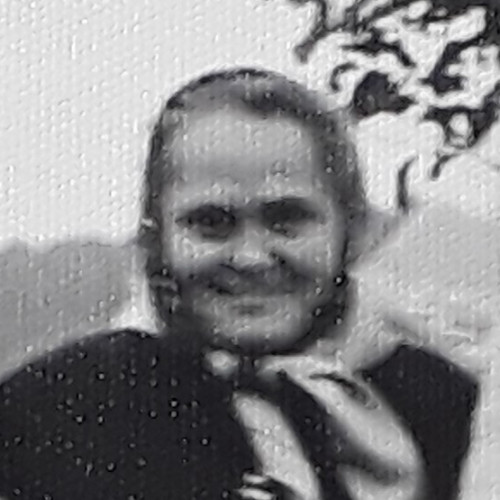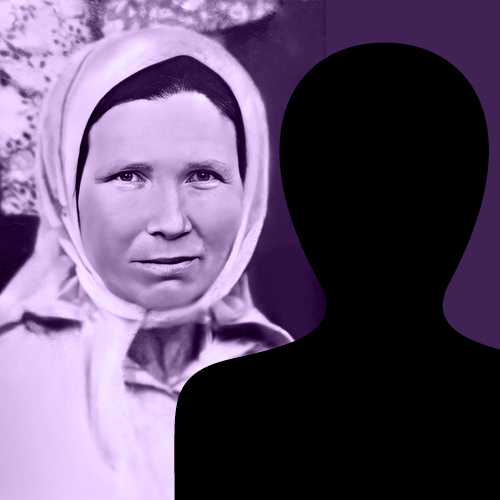Wołodymyr Kryżuk - Instytut Pileckiego
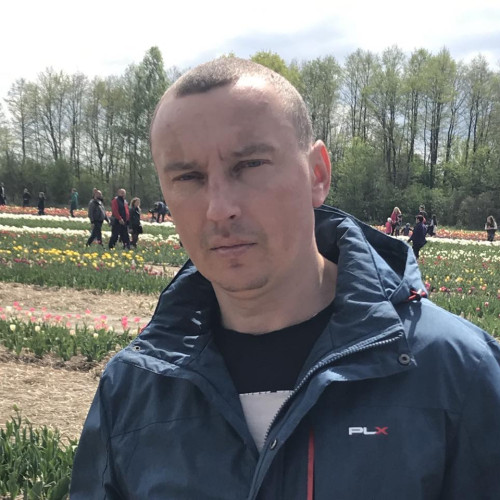
Since the early 2000s, he has been helping Poles who travel to look after the graves of the victims of the massacre carried out by members of the Ukrainian Insurgent Army (faction of the Organization of Ukrainian Nationalists).
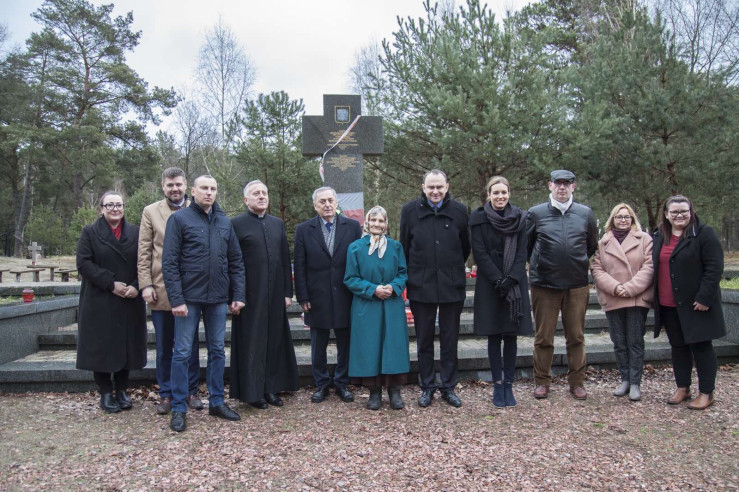
Teacher, pedagogue, activist, volunteer and member of the local self-government – Volodymyr Kryzhuk performs all these roles. Having obtained a degree in pedagogy, he took up work as an elementary teacher, although his educational activities focus on both children and adults. What can we learn from him? History, logistics, effective interpersonal communication, and, above all, compassion.
Since the early 2000s, he has been helping Poles who travel to look after the graves of the victims of the massacre carried out by members of the Ukrainian Insurgent Army (faction of the Organization of Ukrainian Nationalists) on 30 August 1943 in the villages of Ostrówki and Wola Ostrowiecka. Already while the head of the rural council in Rivne, he participated in exhumations of those murdered in the Volhynia Massacre. The project, organized by the Institute of National Remembrance, led to the recovery of the remains of approximately 300 Poles. Dr. Leon Popek from the Institute of National Remembrance describes Volodymyr’s accomplishments as follows: “he was an intermediary in contacts with the Ukrainian commune, the district authorities, and the oblast in Lutsk, helping with the logistics of the undertaking. Later, he gracefully represented the local government during the formal burial of the Poles whose remains were interred at Ostrówki cemetery, where he also helped build the fence and monument.”
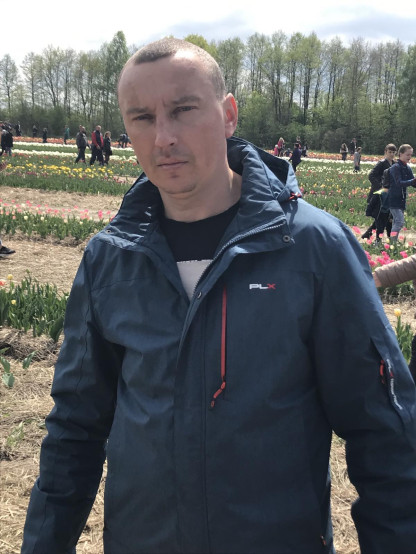
Volodymyr Kryzhuk is the keeper of the memory of the former inhabitants of Volhynia. He looks after Ostrówki cemetery and the monument devoted to the murdered Poles. Following Russia’s aggression against Ukraine in 2022, he has been active in the local self-defense organization.
“Volodia Kryzhuk was very active during both exhumations; he took part in the process, he served as an intermediary in contacts with the Ukrainian commune, the district authorities, and the oblast in Lutsk, he helped with the logistics of the undertaking. Later, as a local government official, he participated in the formal burial of the former Polish neighbors whose remains were interred at Ostrówki cemetery, where he also helped build the fence and monument. To this day, he acts as a Ukrainian custodian of Polish memorials in Ostrówki and Wola Ostrowiecka. As the village head, he initiated a partnership with the local Polish commune on the other side of the Bug River, in Ruda-Huta, helping to foster neighborly and cordial relations.”
Dr. Leon Popek, statement given to the Pilecki Institute
See also
- Antoni Nagórka (1901—1977)

awarded
Antoni Nagórka (1901—1977)
Antoni and Władysława Nagórka lived at the edge of the town. Before the war, Antoni worked for the railways, and Władysława was a housewife. During the war they saved five Jews from the Holocaust.
- Žofia Lachová (1907–1979)

awarded
Žofia Lachová (1907–1979)
The courage and selflessness of Žofia and Jozef Lach helped save many Poles and ensured that the transit route to Poland was in use until almost the end of the war.
- Anastasija Koreń (1908–1967) Mykoła Koreń (1905–1944)

awarded
Anastasija Koreń (1908–1967) Mykoła Koreń (1905–1944)
On the evening of 15 July, Mykola’s brother-in-law appeared at the Korens’ doorstep, accompanied by four children of their neighbors, the Adamowiczs: nine-year-old Teresa, five-year-old Janusz, three-year-old Stasia and one-and-a-half-year-old Henio.

